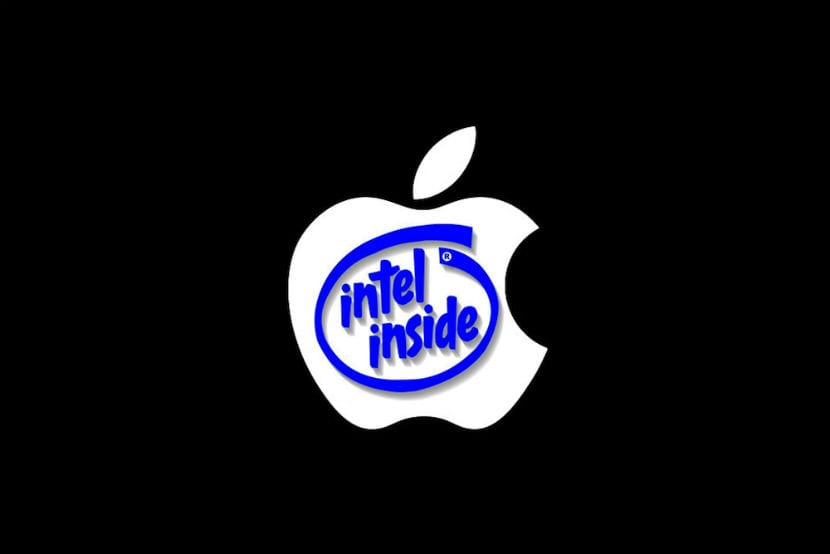Surely more than one of you is wondering the same as me about this announcement of the new generation of Intel processors, Will they come to Mac soon or will it happen the same as with the current Skylake?
Well here we have to point out several issues and although it is true that Intel launched the new processors that make use of the 14 nm process quite late, Apple's Macs were among the last to incorporate them and some are even still today. with the previous version, the 6th generation named Haswell.
At the moment what is known about these new processors is that they will not arrive soon and will be much more efficient in terms of resource consumption and efficiency. Another significant fact is that these processors will come from the hand of the Intel 200 Serires chipset and will have the same LGA 1151 socket that use the Skylake will also add more options in the input / output buses allowing up to 24 PCIe 3.9, up to 6 SATA 3.0 6 Gbps connections and 10 USB 3.0 ports.

Apparently the efficiency is exceeded by 5 or 10% compared to the current version. Another detail is related to the 5K screens and the Thunderbolt 3 ports, since in the case of the 5K screens with these processors, the integrated support for 60HZ screens and even two screens at 30Hz would arrive.
In principle, everything will be more optimized and improved for greater performance and better energy efficiency, but for this it takes a long time since, as explained, it is expected that the first Kaby Lake processors will begin to arrive. during the fourth quarter of 2016. Then we will see if Apple adds them to their Macs or not.
